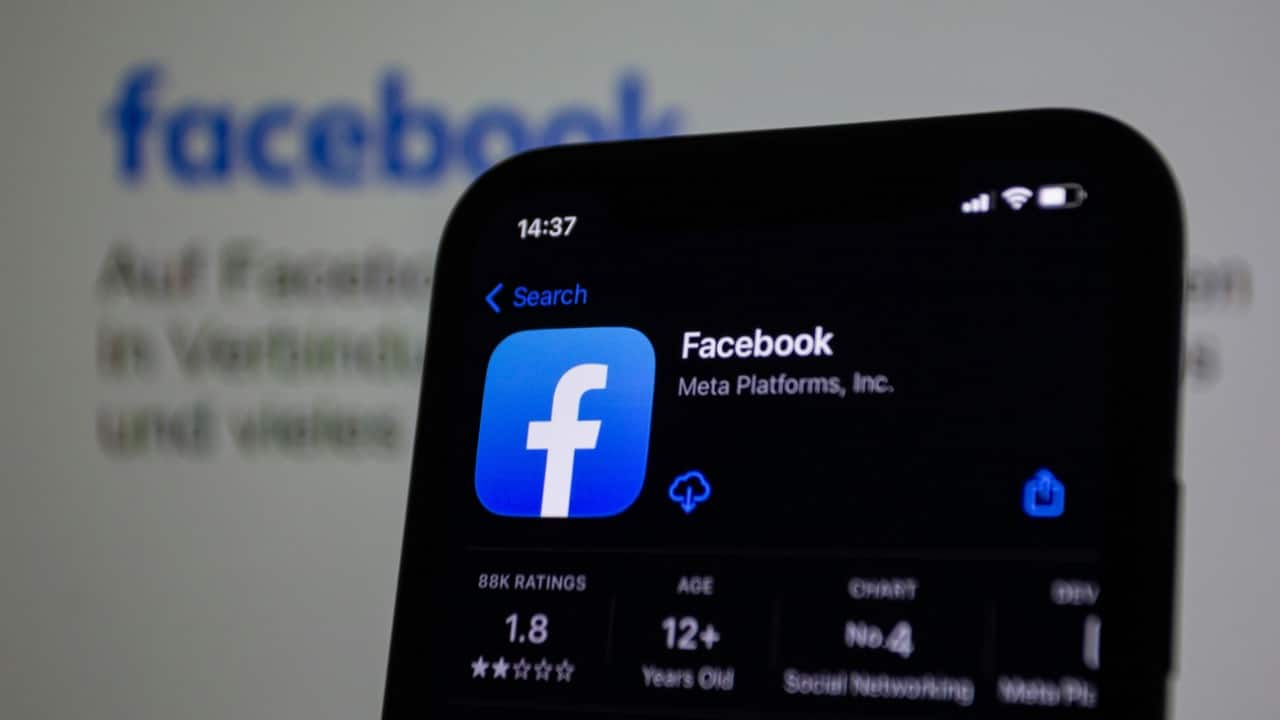



 Your account doesn’t disappear automaticallyIf someone dies, Facebook keeps their account active until someone reports the death. Nothing happens by default. Once reported, Facebook either memorialises the account or deletes it — based on what you or your family decide.
Your account doesn’t disappear automaticallyIf someone dies, Facebook keeps their account active until someone reports the death. Nothing happens by default. Once reported, Facebook either memorialises the account or deletes it — based on what you or your family decide. You can choose a legacy contactFacebook lets you pick a “legacy contact” in your settings. This trusted person can manage parts of your memorialised account. They can update your profile picture, pin posts, and accept friend requests — but they cannot log in or see your private messages.
You can choose a legacy contactFacebook lets you pick a “legacy contact” in your settings. This trusted person can manage parts of your memorialised account. They can update your profile picture, pin posts, and accept friend requests — but they cannot log in or see your private messages. Memorialised accounts stay online with ‘Remembering’After memorialisation, your profile shows “Remembering” before your name. Friends can post tributes, and your photos and posts remain visible based on your privacy settings. This turns your profile into a space where people can share memories.
Memorialised accounts stay online with ‘Remembering’After memorialisation, your profile shows “Remembering” before your name. Friends can post tributes, and your photos and posts remain visible based on your privacy settings. This turns your profile into a space where people can share memories. You can request account deletion after deathIf you don’t want your profile to stay online after death, Facebook allows you to request full deletion. You can set this in Settings → Memorialisation Settings, and your account will be permanently deleted once Facebook is notified of your passing.
You can request account deletion after deathIf you don’t want your profile to stay online after death, Facebook allows you to request full deletion. You can set this in Settings → Memorialisation Settings, and your account will be permanently deleted once Facebook is notified of your passing. No one can fully access your account after deathEven your closest family cannot log into your account after you pass away. Facebook locks it down. The legacy contact can only manage tribute posts and profile updates, but they can’t access chats, passwords, or private account activity.
No one can fully access your account after deathEven your closest family cannot log into your account after you pass away. Facebook locks it down. The legacy contact can only manage tribute posts and profile updates, but they can’t access chats, passwords, or private account activity. 
Discover the latest Business News, Sensex, and Nifty updates. Obtain Personal Finance insights, tax queries, and expert opinions on Moneycontrol or download the Moneycontrol App to stay updated!
Find the best of Al News in one place, specially curated for you every weekend.
Stay on top of the latest tech trends and biggest startup news.